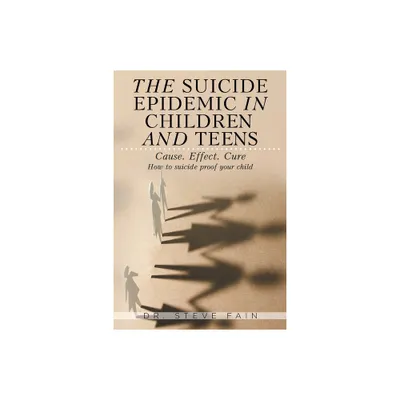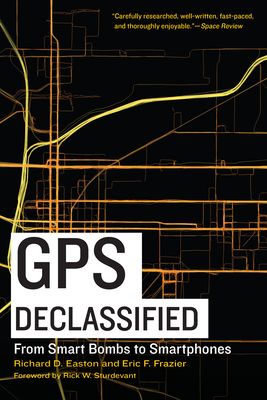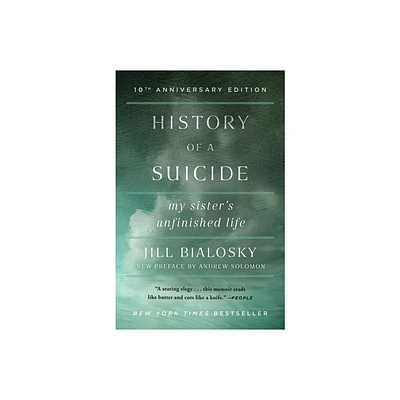Home
The Smarter Bomb: Women and Children as Suicide Bombers
Loading Inventory...
Barnes and Noble
The Smarter Bomb: Women and Children as Suicide Bombers
Current price: $39.00


Barnes and Noble
The Smarter Bomb: Women and Children as Suicide Bombers
Current price: $39.00
Loading Inventory...
Size: Paperback
*Product Information may vary - to confirm product availability, pricing, and additional information please contact Barnes and Noble
This compelling book offers a unique glimpse into the motivations of suicide bombers, especially women and children, and those who recruit and dispatch them. As a woman and a mother, Anat Berko was able to win the trust of imprisoned bombers and speak with them intimately. Entering Israel’s most heavily secured cells, she met with female and adolescent would-be suicide bombers and their dispatchers, lawyers, and interrogators. The personal stories are greatly enriched by the inclusion of the sketches and letters many prisoners gave to the author.
She explores vital questions: What leads individuals to place explosives on their bodies, kill and injure scores of civilians, and take their own lives? Do men really believe that death will transport them to paradise, where Allah, virgins, and wine await them? Are women victims of unbearable pressure to commit this act of terror? Can a woman be “good” according to the criteria of Arab/Palestinian society and a terrorist at the same time? Is involvement in terrorism a sign of the liberation of Palestinian women or another way of preserving their social inferiority, thus explaining their low status and the inferior rewards the families of female suicide bombers receive? Who are the dispatchers, and how do they manipulate and convince women and youngsters to go calmly to their death?
The answers to these questions offer a rare and candid portrayal that will be essential reading for all those wanting to understand the interior world of suicide bombers and how to communicate with terrorists.
She explores vital questions: What leads individuals to place explosives on their bodies, kill and injure scores of civilians, and take their own lives? Do men really believe that death will transport them to paradise, where Allah, virgins, and wine await them? Are women victims of unbearable pressure to commit this act of terror? Can a woman be “good” according to the criteria of Arab/Palestinian society and a terrorist at the same time? Is involvement in terrorism a sign of the liberation of Palestinian women or another way of preserving their social inferiority, thus explaining their low status and the inferior rewards the families of female suicide bombers receive? Who are the dispatchers, and how do they manipulate and convince women and youngsters to go calmly to their death?
The answers to these questions offer a rare and candid portrayal that will be essential reading for all those wanting to understand the interior world of suicide bombers and how to communicate with terrorists.


















